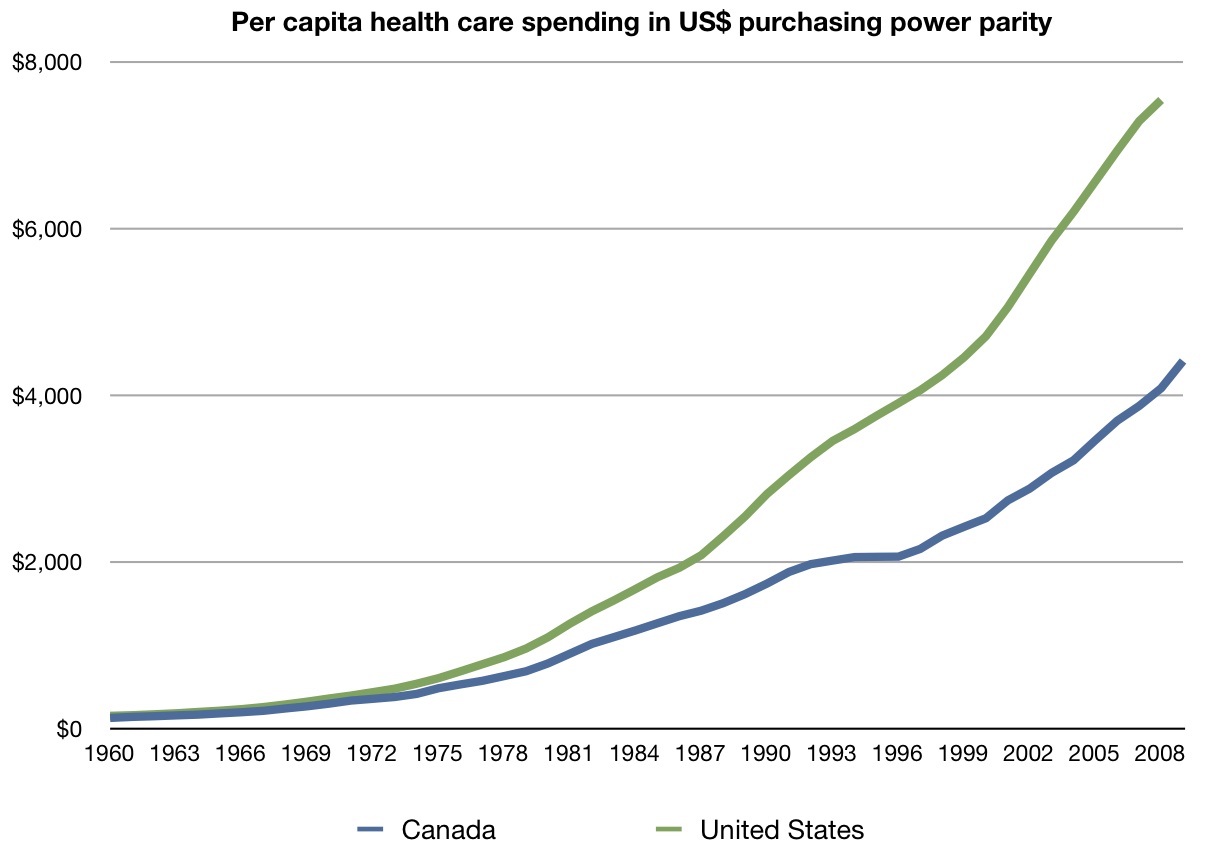Jonathan Sacks has a wonderful piece in the New York Times discussing in the fundamental role of religion in society. Most surprisingly, it comes from a place that seems to usually be the fertile ground of leftist movements: the need for communal bonds. As he writes,
A result is that we have two patterns of reaction in the brain, one focusing on potential danger to us as individuals, the other, located in the prefrontal cortex, taking a more considered view of the consequences of our actions for us and others. The first is immediate, instinctive and emotive. The second is reflective and rational. We are caught, in the psychologist Daniel Kahneman’s phrase, between thinking fast and slow.
The fast track helps us survive, but it can also lead us to acts that are impulsive and destructive. The slow track leads us to more considered behavior, but it is often overridden in the heat of the moment. We are sinners and saints, egotists and altruists, exactly as the prophets and philosophers have long maintained.
If this is so, we are in a position to understand why religion helped us survive in the past — and why we will need it in the future. It strengthens and speeds up the slow track. It reconfigures our neural pathways, turning altruism into instinct, through the rituals we perform, the texts we read and the prayers we pray. It remains the most powerful community builder the world has known. Religion binds individuals into groups through habits of altruism, creating relationships of trust strong enough to defeat destructive emotions.
The argument against religion tends focus on its most prominent, conservative strains. Most of this comes from public misconceptions, and a general inability of the largely non-religious left to understand religious people. Religions and their membership are not monolithic entities, which is the same trap that we fall into when we talk about "Republicans" or "gun owners." This is a serious logical fallacy, and it lacks a honest estimate of empirical data. I'm not arguing that religion is a perfect thing, and there are flaws in our current religious institutions. Both of these things are normal for any liberal who believes in the importance of social institutions and the role they play in shaping and structuring political life.
But you can't look at the data on charity giving, volunteerism and general social work and then blithely conclude that religion is on the whole bad. Taking costs and benefits into account, the opposite seems to be true. In the way that it encourages strong in-group behavior, religion seems to do much more good than bad. Across a wide series of measures, it seems that highly religious people are simply better citizens. They volunteer more often, donate more to charity and tend to have a greater level of involvement in non-religious social institutions. Extremely religious people are also more committed to traditional left-wing values, like egalitarianism and social justice, than non-religious people. Most of the work against poverty around the world is led by Catholic organizations.
The argument about the crucial role of religion in American civil society was put forward by Putnam and Campbell (who are probably better known for the book Bowling Alone). The authors recognize that the current poor state of America's religious institutions can largely be attributed to the way that the conservative movement has become deeply intertwined with certain religions. The problem is not religion, but religion that has been radicalized by certain political actors who have encouraged groups to become more fervently ideological and less open to the wide variety of political ideas supported by religious doctrine.
The same communities that are inspired by faith play a strong role in moving forward progressive ideas as well. Look, for example at any Unitarian Universalist website, and how they both encourage strong in-group activism (with things like charity and volunteerism) while also striving to limit the negative sides of in-group behavior (intolerance in particular).
Religion is a fundamental part of human life, and there has yet to be a secular set of traditions and communal bonds that come close to replicating the effect of religion (you don't see atheists and agnostics getting together in a large group every Sunday). But, like any other human institution, religion is also subject to cycles of growth, decline and renewal. A recognition of these fundamentals will do the left good, as religion can be reformed over the next decades to be a tool to enrich our communities and strengthen civil society.
Sacks' argument also leads me to a more general thought. When our lefties here rant about religion, maybe it's not the content of belief that they find problematic but instead the consequences of group behavior. Leftists tend to sympathizes with those people victimized by society's power structures, so maybe it's not surprising that they would be unhappy with a type of organization that clearly delineates insiders from outsiders. Maybe instead of seeking the end of religion, which human history shows to be a completely vain endeavor, those on the left should try to make sure that religions are more inclusive.
Surprisingly, inclusive religious systems do not emerge through the promotion of a single state religion (or atheism), but through a shared set of secular institutions that then allow individual religions to compete and flourish. Like previous arguments about elections, we know that higher levels of competition tend to also lead to higher levels of public involvement. In turn, this should bring us towards the positive social benefits discussed above. Religion may not solve every problem, but it can make some issues less severe. Religious competition within a secular framework can help get us there.




